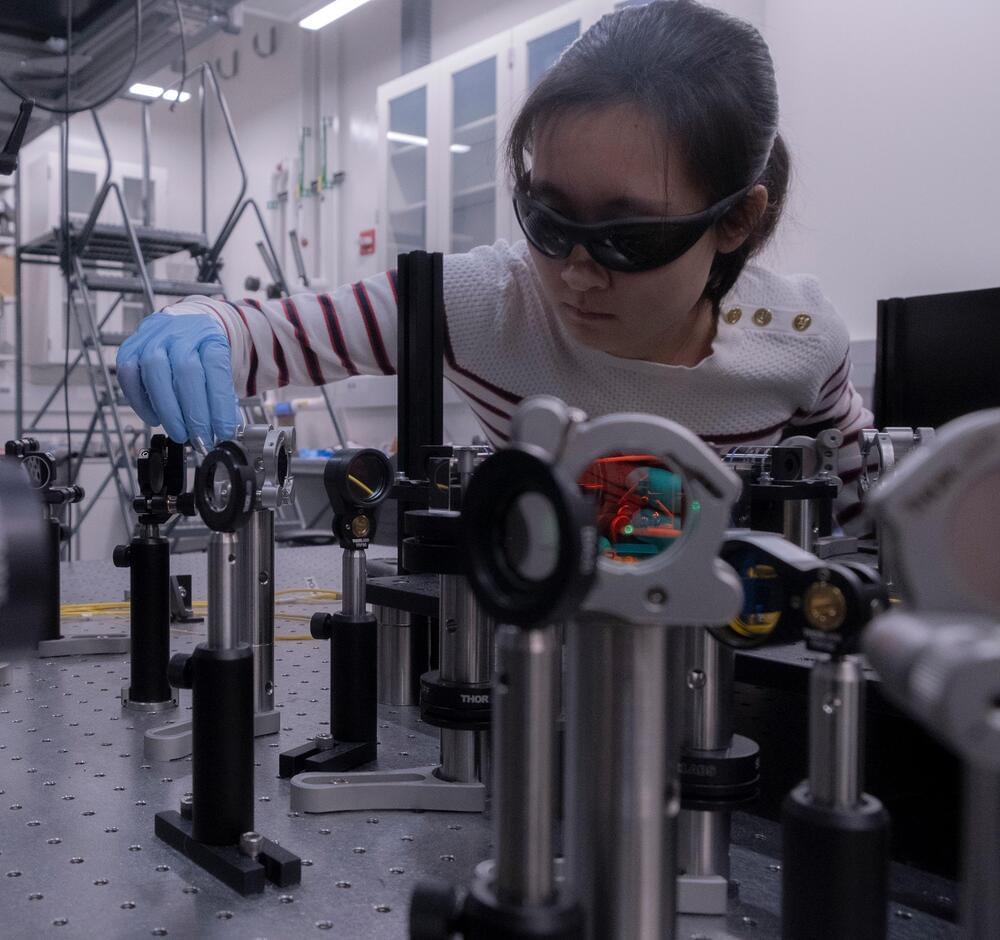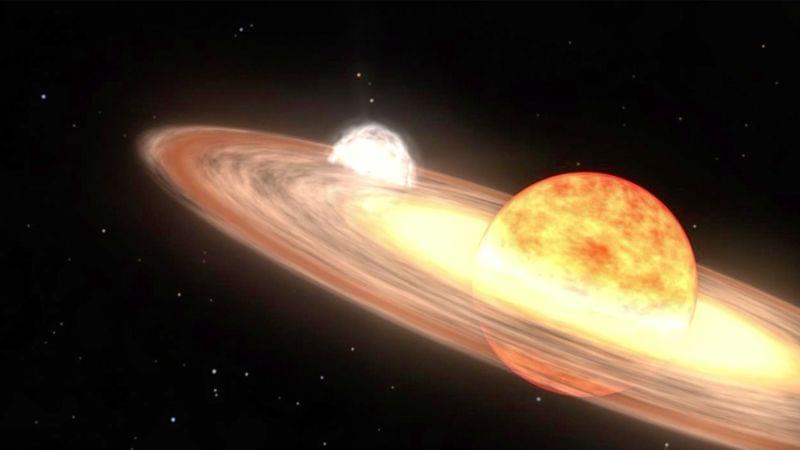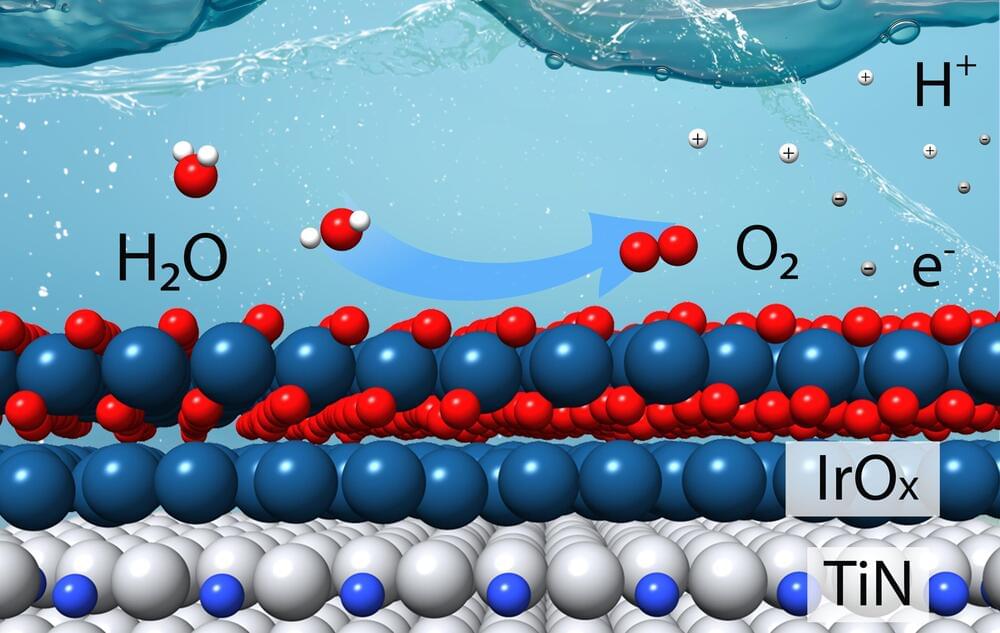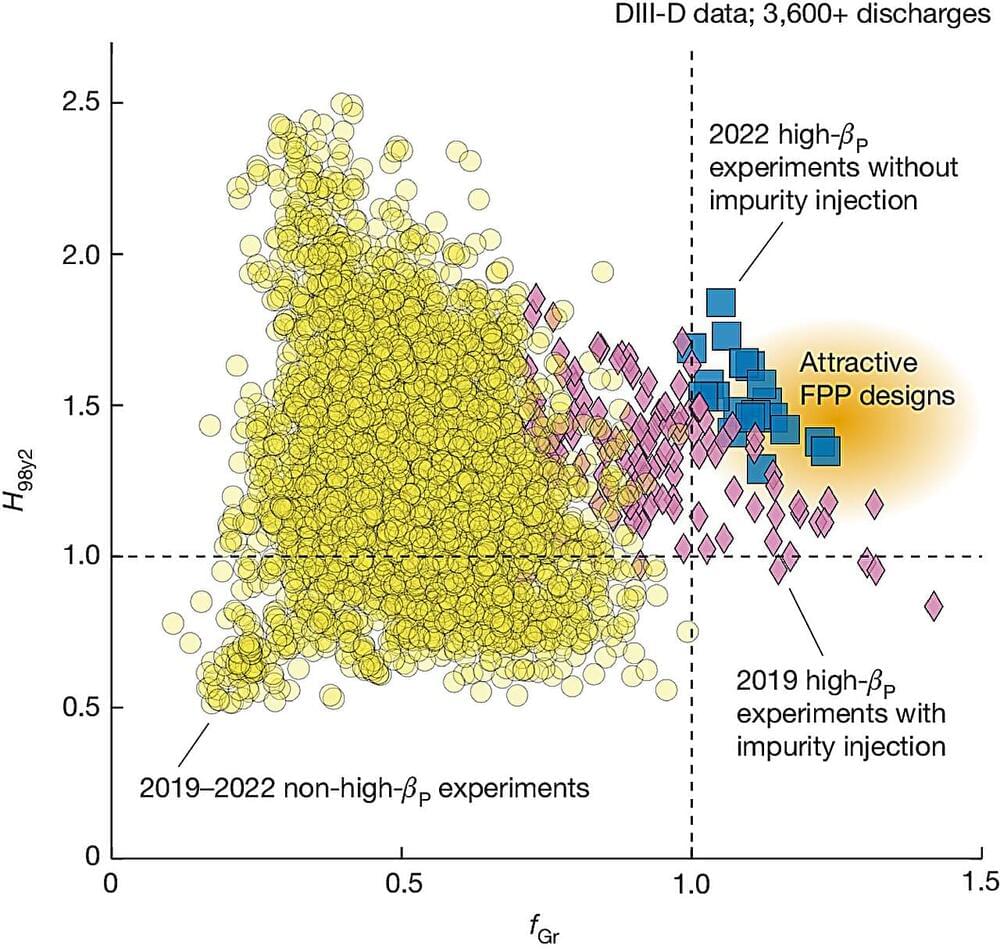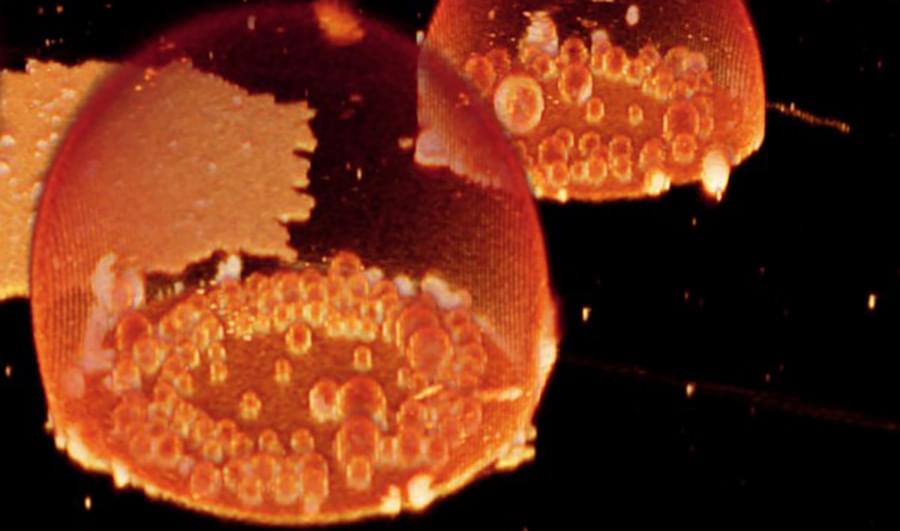Theory has become practice as new work from the University of Chicago Pritzker School of Molecular Engineering taps diamond defects’ remarkable ability to concentrate optical energy.
Researchers have developed atomic antennas using germanium vacancy centers in diamonds, achieving a million-fold optical energy enhancement. This advancement allows the study of fundamental physics and opens new research avenues. The collaboration between theoretical and experimental teams was essential to this breakthrough.
Atomic antennas: harnessing light for powerful signals.
